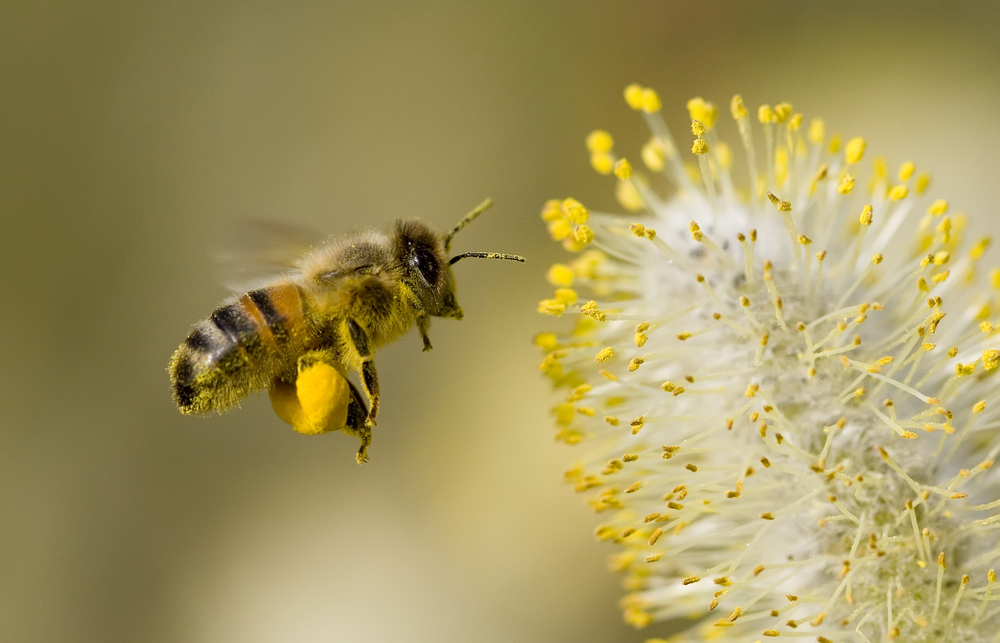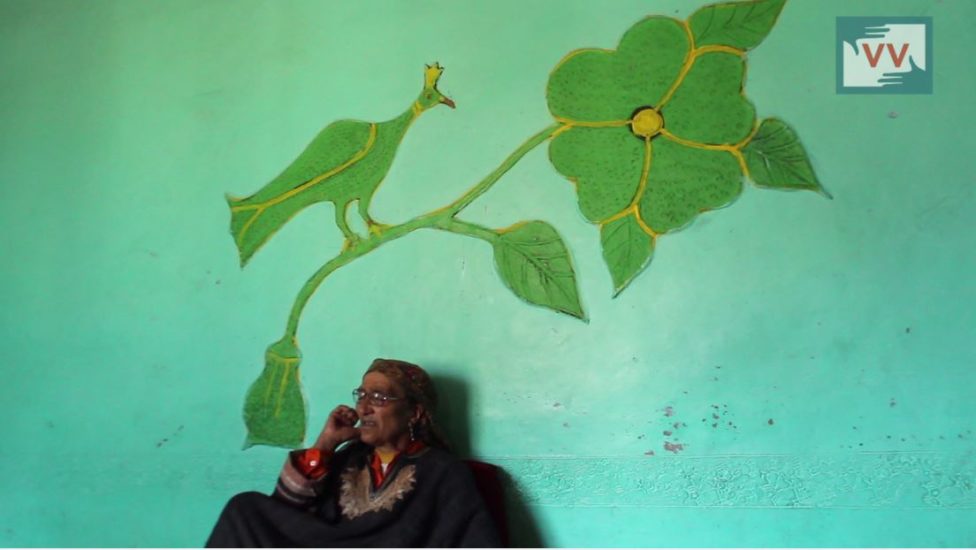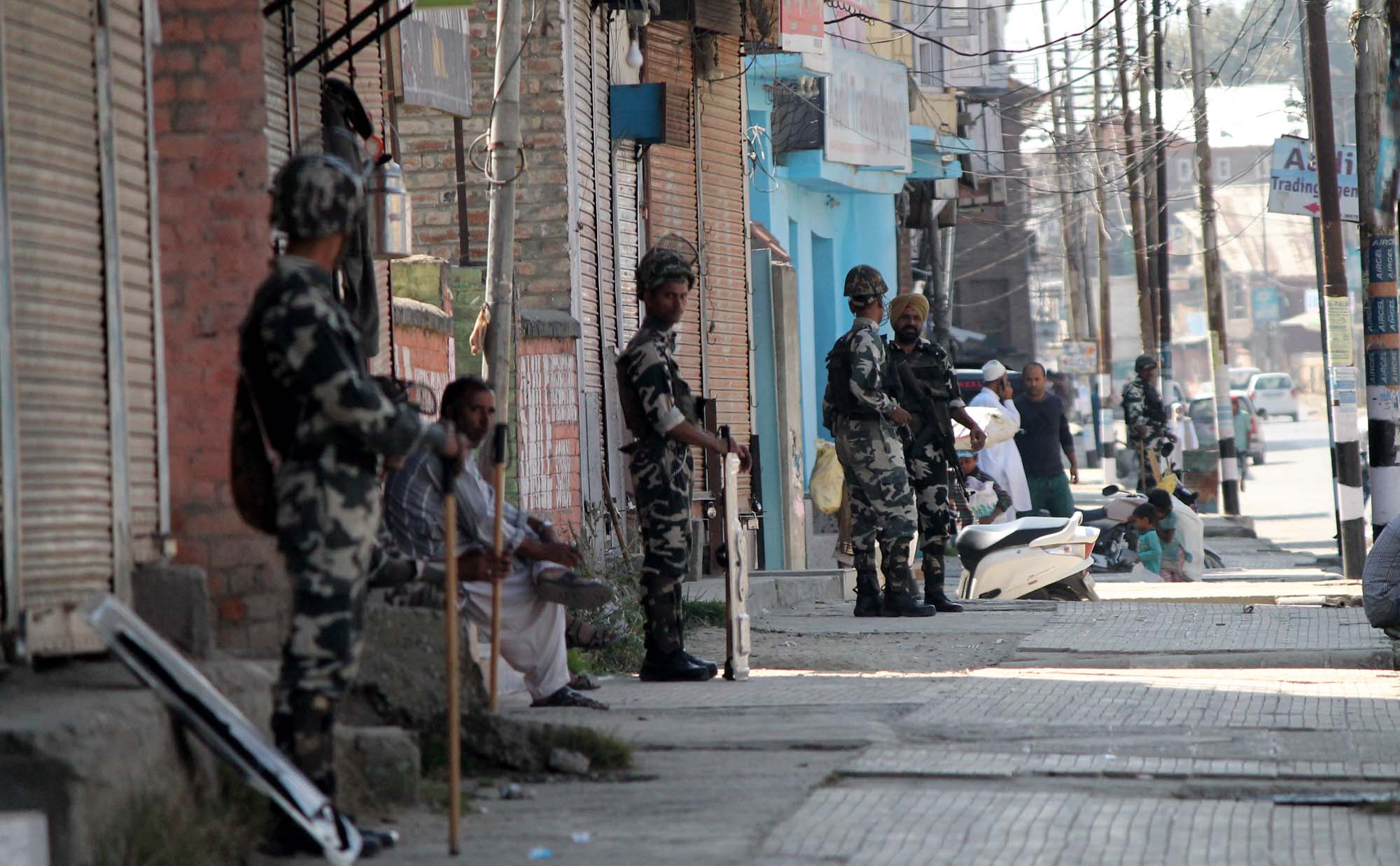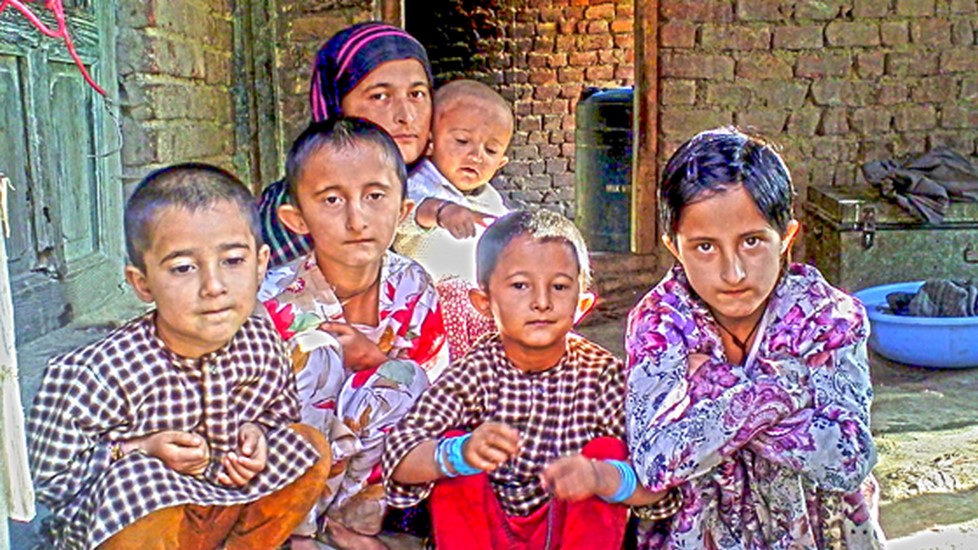Video By: Rayees Ahmed | Article By: Sajad Rasool
At a time when most of the students in Kashmir rush for competitive exams and engineering, Nazim Nazir a 19-year-old young man of Pulwama Kashmir, a college-going student is one of the few youngest entrepreneurs of Kashmir taking his life in a very creative direction. Nazim with a keen interest in beekeeping has created his own apiary. Started with two hives, right now he has 200 beehives.
“Earlier I used to supply honey to different companies for sale, but later I got a registration certificate from the govt regulatory bodies and have started marketing honey on my own. I do not use any kind of machine to harvest it, instead, it is directly taken from hives and packed. My family has been very supportive of me.”
Pulwama, considered to be the hotbed of militancy and anti-India sentiment usually remains in news, however, there are hundreds of such instances where educated young men have started their own businesses. Growing organic honey is the passion of Nazim. Honey bees across the world are becoming vulnerable due to climatic changes and the use of chemicals in farms. Similarly in Kashmir, they remain one of the vulnerable species due to increased use of chemicals in apple orchards, the initiatives like this will not only serve the purpose of pollination but also will increase the number of honeybee colonies and production of honey in Kashmir, resulting in the generation of employment opportunities to hundreds of people through this sector.
Ironically, humans spray pesticides on crops to protect them from pests that could harm their productivity, but these chemicals are also responsible for killing bees which make many of these same crops possible. According to estimates, about 75 percent of crops are reliant on animal pollinators, which are often honeybees and if they become extinct we will lose dozens of foods, like apples, almonds, broccoli, peaches and most importantly honey itself. According to Nature Communications found that just two percent of wild bee species contributes 80 percent of the crop pollination visits observed globally. This means that if this small percentage of bees disappear, then 80 percent of our agricultural system will collapse.











Very important story would love to know more about natural beekeeping in Kashmir and how collaborations and knowledge exchange can take place with other such initiatives across India and the world. As always KU brings another relevant story to light !